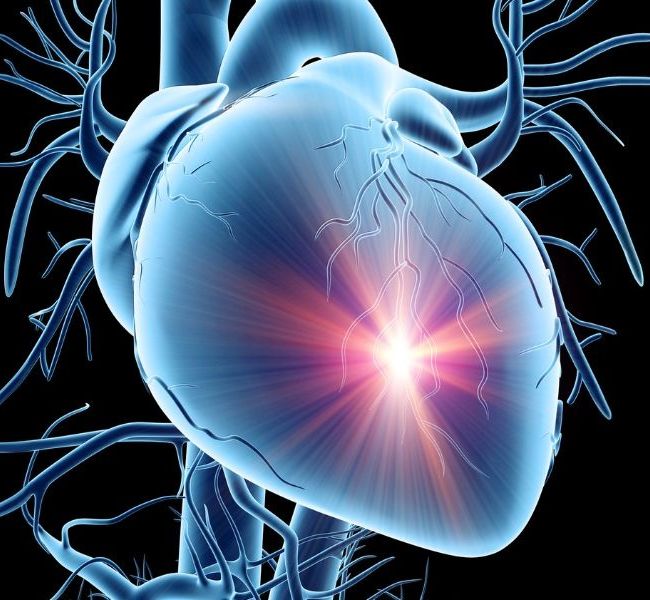Valvular Heart Disease
Understanding Valvular Heart Disease: Diagnosis, Treatment, and Management.

Valvular Heart Disease
Valvular heart disease encompasses conditions where heart valves fail to function properly, causing symptoms like shortness of breath and chest pain. Diagnosis involves thorough evaluation, including echocardiography, to assess valve structure and function accurately.
Treatment options vary depending on the severity and type of valve disease, ranging from medication to surgical intervention, aiming to alleviate symptoms and improve overall heart function. Regular follow-up is essential to monitor disease progression and adjust management strategies accordingly, ensuring the best possible outcomes for patients with valvular heart disease.
Here’s a step-by-step explanation of how Valvular Heart Disease typically works
Patients may present with symptoms such as shortness of breath, chest pain, fatigue, or palpitations, prompting further evaluation.
Healthcare providers conduct a thorough history and physical examination, focusing on cardiovascular signs and symptoms.
Additional tests, including echocardiography, electrocardiography (ECG), chest X-ray, and cardiac catheterization, may be ordered to assess valve function and severity of disease.
Valvular stenosis involves narrowing of the valve opening, while regurgitation involves leaking of blood backward through the valve. Diagnosis helps determine the appropriate treatment approach.
Patients’ risk factors, comorbidities, and overall health status are assessed to determine the optimal management strategy, which may include medical therapy, surveillance, or surgical intervention.
Patients with mild or asymptomatic valvular disease may receive medications to manage symptoms, control blood pressure, or prevent complications.
For severe valvular disease or symptomatic patients, surgical options such as valve repair or replacement may be considered to restore proper valve function and improve outcomes.
Patients undergo regular follow-up appointments and monitoring to assess treatment efficacy, disease progression, and overall cardiovascular health. Adjustments to management may be made as needed to optimize long-term outcomes.
Valvular Heart Disease is found in various medical specialties
Valvular heart disease is encountered across several medical specialties, including cardiology, cardiothoracic surgery, and internal medicine. Specialists in these fields collaborate to diagnose, manage, and treat conditions affecting the heart valves.
Leading cardiologist, dedicated to pioneering treatments, enhancing heart health, and transforming lives through compassionate care.
About Us
Contact Info
- +91-8928 273 010
- drameyatirodkar@gmail.com
- 302, Third Floor Neminath Square, S M Diagnostics S V Road off Ram Mandir signal Goregaon West 400104
Copyright @2024. All Right Reserved | Designed By Rebecca Digital.

